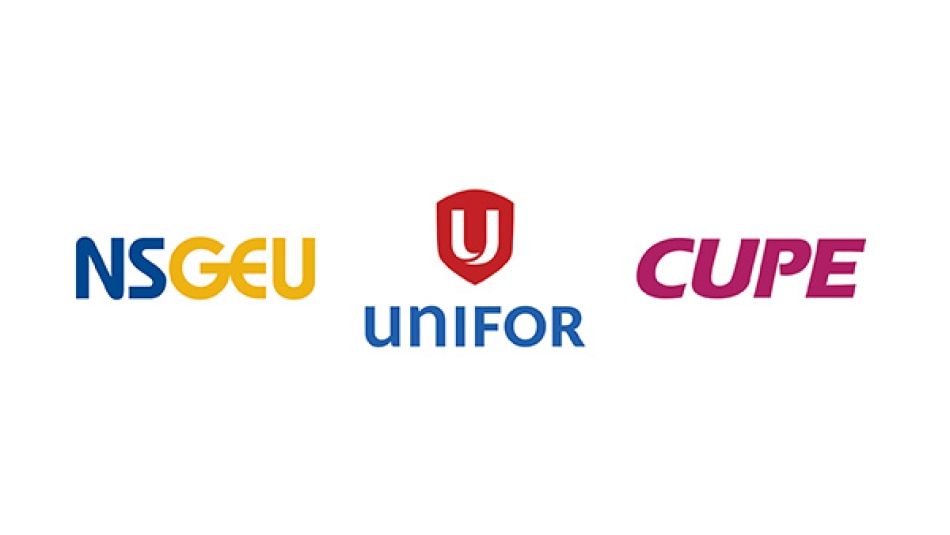
Share
DARTMOUTH – Union representatives have met with representatives from Nova Scotia Health on 13 separate occasions in an attempt to conclude an essential services agreement for the Health Care bargaining unit. Despite the unions’ best efforts, the employer has failed to produce a complete staffing plan to facilitate the process.
“We have repeatedly seen the employer attempt to undermine workers’ right to strike and, by extension, bargain a fair a collective agreement, by refusing to meaningfully engage in the process of establishing essential services,” said NSGEU 1st Vice-President Hugh Gillis. “This time, we will be asking for the assistance of Conciliation Services or a mediator to oversee the process and ensure the employer takes this process seriously, for once.”
An essential services agreement is required by the Health Authorities Act, which is legislation that was passed by Stephen McNeil’s government in a blatant attempt to diminish the effectiveness of a strike. The legislation effectively allows employers to drag their feet on bargaining and delay potential job action.
Members of the 9000-person Health Care bargaining unit working at NSH and IWK are represented by CUPE, NSGEU, and Unifor, who bargain together in the Council of Unions. An essential services plan is required to be in place before workers can engage in a legal strike action.
The Council has also filed for Conciliation to assist in the bargaining process, as the parties have been unable to reach an agreement with the employer despite having held nine full days of negotiations. The employer has not yet tabled any monetary proposals, as they have not received a mandate from government, despite this contract having expired on October 31, 2023.
“The unions are concerned that the Premier believes the crisis in health care is limited to just doctors and nurses, and that he does not understand what a critical role Health Care professionals play in keeping our health care system functioning,” said Dianne Frittenburg, President of CUPE Local 8920.
“The Houston government is needlessly prolonging the collective bargaining process with financial implications for health care workers,” said Jennifer Murray, Unifor Atlantic Regional Director. “It is unfortunate that the Council of Unions requires a conciliator for essential services negotiations, but the unions will do what is needed to ensure our demands are taken seriously.”
There are more than 9,000 highly skilled Health Care professionals working for NSH and IWK. Together, this diverse bargaining unit includes more than 174 occupations working in 12 key service areas: Diagnostic Imaging & Laboratory; Respiratory; Pharmacy; Physical Therapy; Mental Health & Addictions; Cancer Therapy; Prosthetics; Anaesthesia; Hearing & Speech; Paramedic; Orthopaedic; and Community Health. Many of these areas are now lowest paid in Atlantic Canada and are in crisis due to acute staffing shortages.
Unifor is Canada’s largest union in the private sector, representing 320,000 workers in every major area of the economy. The union advocates for all working people and their rights, fights for equality and social justice in Canada and abroad, and strives to create progressive change for a better future.
For more information, please contact Unifor National Communications Representative: Jenny Yuen or (416) 938-6157.


